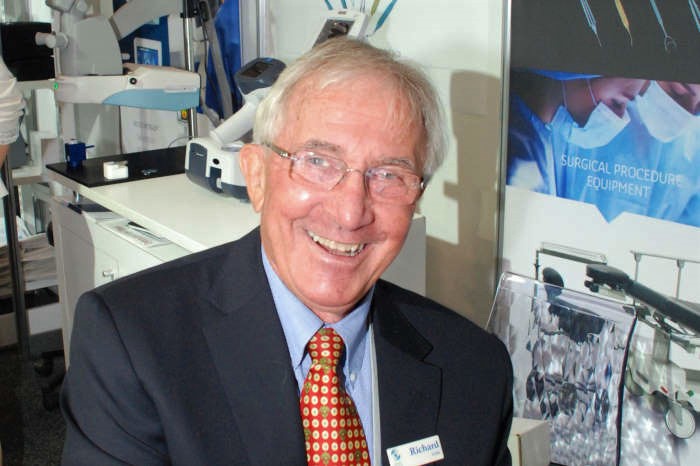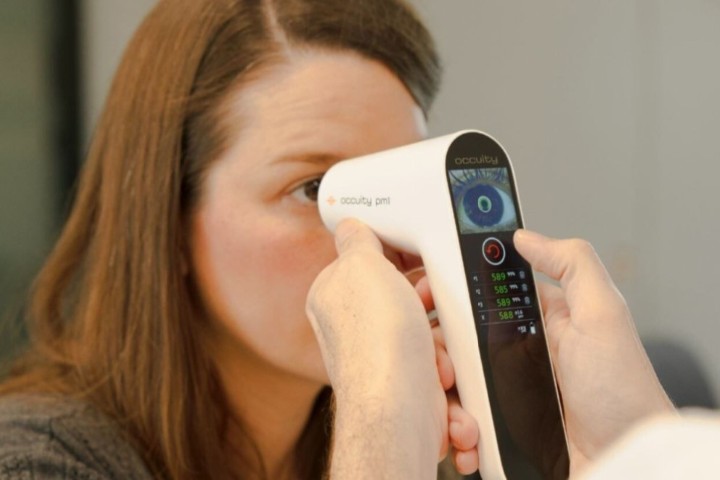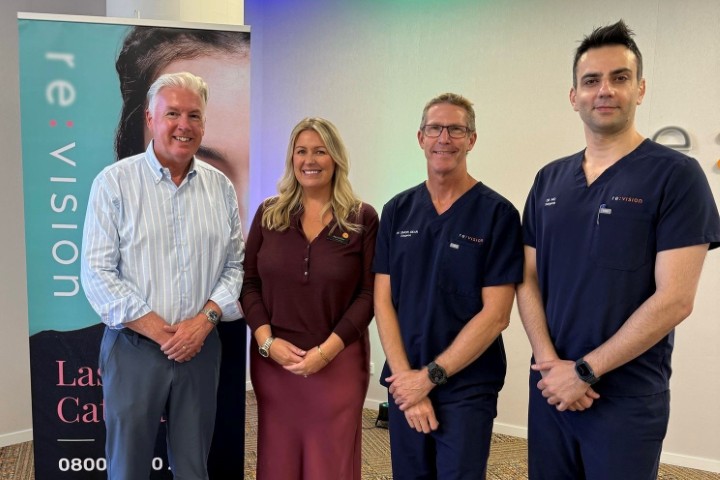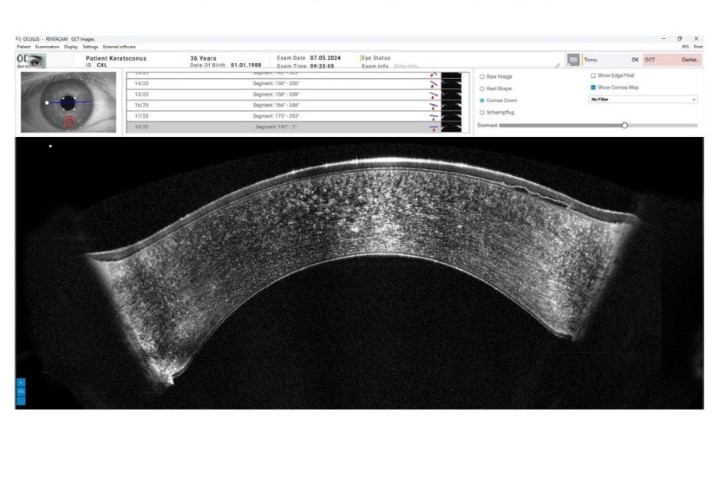Blasting ingrown eyelashes
Well-known trans-Tasman eye health practitioner, Richard Grills has teamed up with a couple of friends, including an ophthalmologist and well-known GP-turned inventor Stuart Esnouf, to develop a new electrosurgical device to permanently remove ingrown eyelashes, safely and inexpensively.
The new device, called Permablate, has been three years in development, but is currently in manufacture and undergoing accreditation in Europe. Once it achieves the CE Mark in Europe, it will be submitted for Therapeutic Goods Administration (TGA) accreditation so it can be sold in Australia and New Zealand, through Designs for Vision (originally founded by Grills), hopefully by the end of this year, says Grills.
“The Permablate electrolysis unit will only cost a few hundred dollars, compared to thousands of dollars for the other products on the market, and it causes no collateral damage. So it’s economical, practical and non-invasive, which is what every good device should be.”
Grills says he’s excited about finally launching the new device, especially as it’s taken longer than he expected to bring it to market. The new product came about after a casual conversation with an ophthalmologist friend of his, who didn’t wish to be named, who was frustrated about the lack of an effective, safe and affordable product to permanently deal with ingrowing eyelashes.
“Ingrowing eyelashes are a serious problem. People are just continually pulling them out and leaving it at that and not killing the follicle, so the ingrown eyelash continues to grow and can cause serious problems,” explains Grills.
Permablate, permanently ablates (hence the name) the germinal follicles of ingrowing eyelashes and eyelid margin hairs. The treatment requires local anaesthetic to numb the eyelid so the patient can tolerate the treatment for sufficient time, but it permanently stops the ingrowing eyelash coming back, says Grills. To date, the prototype device has been trialled on more than 50 patients and a study is expected to be published shortly, he says.
“It’s a terrific little product and it’s really going to meet a niche.”


























